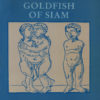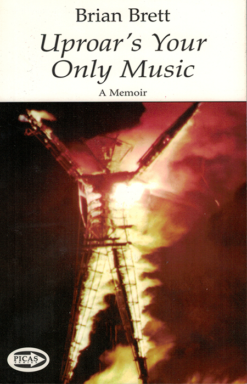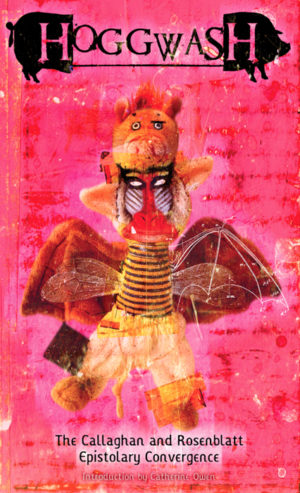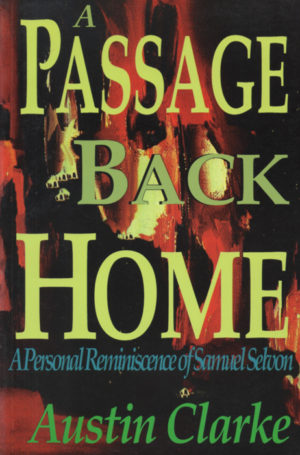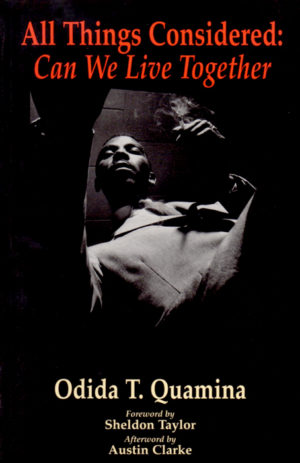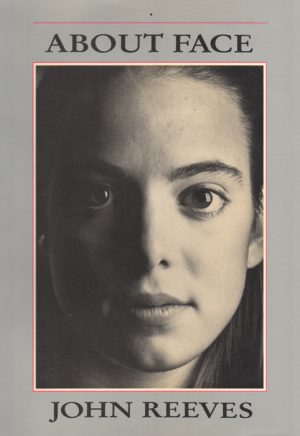Pasolini: Between Enigma and Prophecy
$29.95
Translated by Jennifer Russell
“Zigaina’s impressive work … seminal and extremely suggestive … will force us to reopen the Pasolini dossier.” —Stefano Agosti
Notice: Trying to access array offset on value of type bool in /home2/frombeyo/public_html/excelsis/wp-content/themes/flatsome/inc/shortcodes/share_follow.php on line 41
Giuseppe Zigaina was a life-long friend of Pasolini’s. Thier friendship lasted from the day they first met on the plains of lower Friuli until the death of the poet. Since then Zigaina has dedicated much of his time to an impassioned exploration of Pasolini’s human and artistic experience. This has been a detailed and patient exploration, intent on uncovering the very depths of the artist’s work, on indentifying his sources, on reconstructing its origins and design, on illuminating its deepest motives. Accumulating hints and proofs, discovering unknown letters and unequivocal allusions, secret resonances and obscure affiliations, the secret spiritual quest of Pasolini’s life becomes decisive; it becomes the unique element capable of projecting the light of hope upon his death.
In this volume, Pasolini’s interest in alchemy and in diverse forms of Eastern mysticism become the keys to understanding a spiritual voyage which ended inevitably in violent death, a death which was expected, desired, sought for with obstinate coherence, because only by a life of sacrifice can the greatness of the work be revealed, only thus can the cosmogonic myth of creation be realized, and immortality attained. In this sense, “Pasolini’s death was not a casual accident.”
In the night between All Saints Day and the Day of the Dead, on the 2nd of November 1975, Pasolini was murdered; his death has more and more come to be considered the culminating point in his expressive strategy.
Giuseppe Zigaina, born in Cervignano in Friuli in 1924, is an internationally famous artist. He has been awarded numerous prizes, and has shown his works in many prestigious galleries, in Italy and the rest of Europe. In 1946 he met Pier Paolo Pasolini, with whom he had a profound human and artistic friendship, collaborating with him on films such as “Teorema” and “Decameron”.
Related products
Non-Fiction
Poetry
Non-Fiction
Non-Fiction
Non-Fiction
Visual Books


